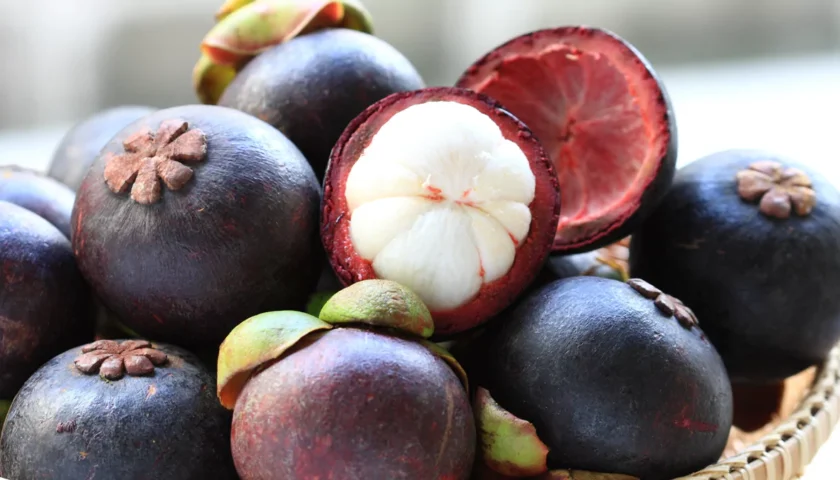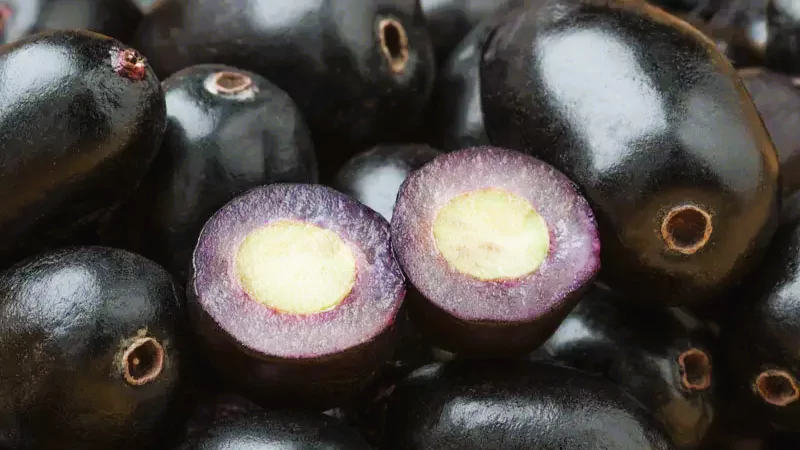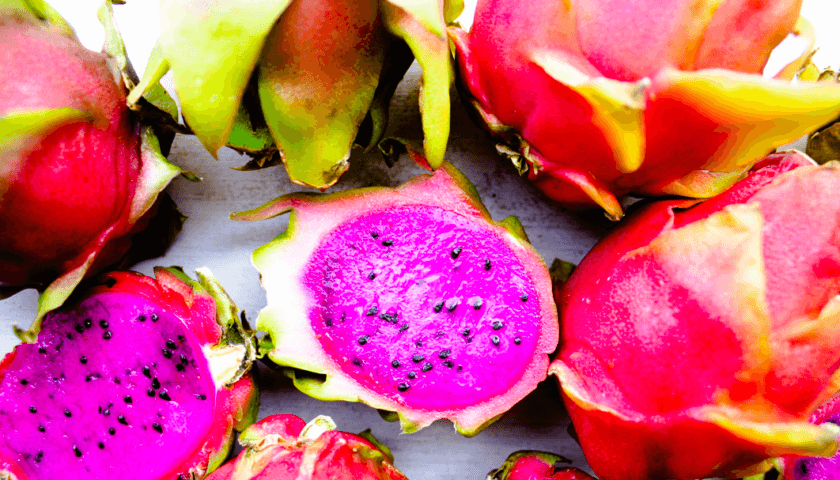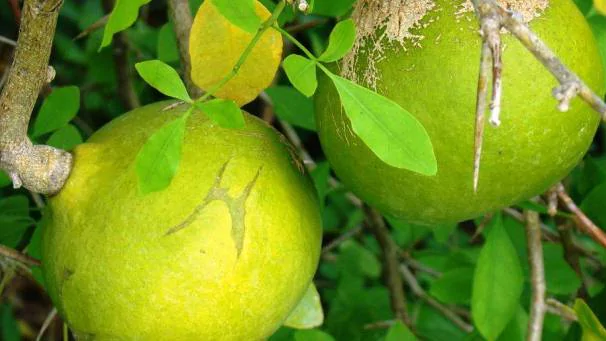About Mangustaan
Mangustaan, also known as Indian mango, is a medicinal herb commonly used in siddha medicine for the treatment of various ailments including leucorrhoea. This plant is native to India and is found in different parts of the country. It is a spreading green plant, its leaves are broad, oblong and oval. The flowers are fragrant and yellow and white in color. The fruit is round, yellow and has a sweet taste.
Mangustaan has been revered in traditional Siddha medicine since ancient times. It is believed that this plant is a source of vitamins, minerals and other important nutrients. It is believed to have many medicinal and therapeutic effects. Mangustaan is commonly used in siddha medicine to treat leucorrhoea or white discharge from the uterus. According to Siddha experts, this condition is caused by an excess of vata doshas in the body. This plant is believed to be effective in reducing vata doshas and is therefore used to treat leucorrhea.
Mangustaan is also used in siddha medicine to treat various ailments including fever, jaundice, and skin diseases. The plant is believed to have soothing and purifying properties, making it useful in the treatment of fever and jaundice. It is believed to be effective in treating skin diseases such as psoriasis, eczema and ringworm. Mangustaan is available in powder, capsule and extract form. This herb is usually taken orally, either as a powder or capsule, or as an extract. It can also be used externally, in the form of a paste, for the treatment of skin conditions.
Mangustaan a However, it is important to consult a qualified Siddha practitioner before taking the herb for the treatment of any medical condition. The practitioner will be able to prescribe the correct treatment and advise on the best way to use the herb.
How to grow a mangosteen tree

Mangosteens are sensitive about height, humidity, and require annual rainfall of at least 50 centimeters (1 m) without drought. The plants do well in rich, deep soil, but will survive in sandy or clay soils with different properties. Although standing water kills trees, mature mangosteens can survive and even thrive in areas where water covers their roots for years. However, they will be protected from strong winds and salt. Basically, there must be sufficient rainfall when growing mangosteen trees.
Propagation from seeds, although experiments have been done with grafting. The seeds are not true seeds but tuber hypocotyls, since they are not mature. The seeds should be used five days after the seeds are removed to spread and will grow in 20-22 days. The resulting seedling is difficult, if not impossible, to transplant due to the long and soft taproot, so it must be started in an area where it will continue to grow. -wait at least two years before attempting a transplant. The tree can bear fruit in seven to nine years, but usually between 10 and 20 years.
Mangosteens should be spread 35 to 40 feet (11 to 12 m) apart and planted in a pit 4 x 4 x 4 ½ (1 to 2 m) of artificial materials that make 30 days before planting. The plant needs a well-ventilated area; However, dry weather before flowering will produce better fruit. The plant should be planted in the shade of a small and regularly fed. Because of the bitter latex that comes out of the bark, mangosteens rarely suffer from pests and diseases.
Health Benefits of Mangosteen
Eating mangosteen is beneficial in managing many health problems, which is evident from studies. This is because this fruit is full of wonderful nutrients. Different parts of this fruit and plant are used for health benefits.
Increasing resistance
The main benefit of mangosteen is to improve immunity. Fruits are rich in vitamin C and fiber. Apart from this, it also contains xanthones which help to boost the immune system. Vitamin C in this fruit promotes the production and function of white blood cells. Besides that, the compounds of this plant contain toxic substances, which help to eliminate harmful bacteria. Which improves your immune system.
Anti-cancer effects
This fruit has an antioxidant and anti-inflammatory effect, which plays a role in preventing the growth of cancer cells and reducing cancer. A small number of studies have found that xanthones can kill cancer cells, including stomach, and lung tissue.
Good digestion
It has a lot of fiber that helps in improving the digestive system. The high amount of fiber in it also allows you to consume prebiotics, which help to keep your gut healthy. Consuming mangosteen fruit reduces problems like constipation and diarrhea.
Benefits of mangosteen for healthy skin
Mangosteen contains enough vitamin C to keep the skin healthy. Which shows the benefits of mangosteen as a traditional treatment for skin acne.
To get rid of acne, read: – anti-acne diet
Besides that, it has many types of antibacterial and antimicrobial properties. It is useful for repairing damaged cells and solving many types of skin problems.



